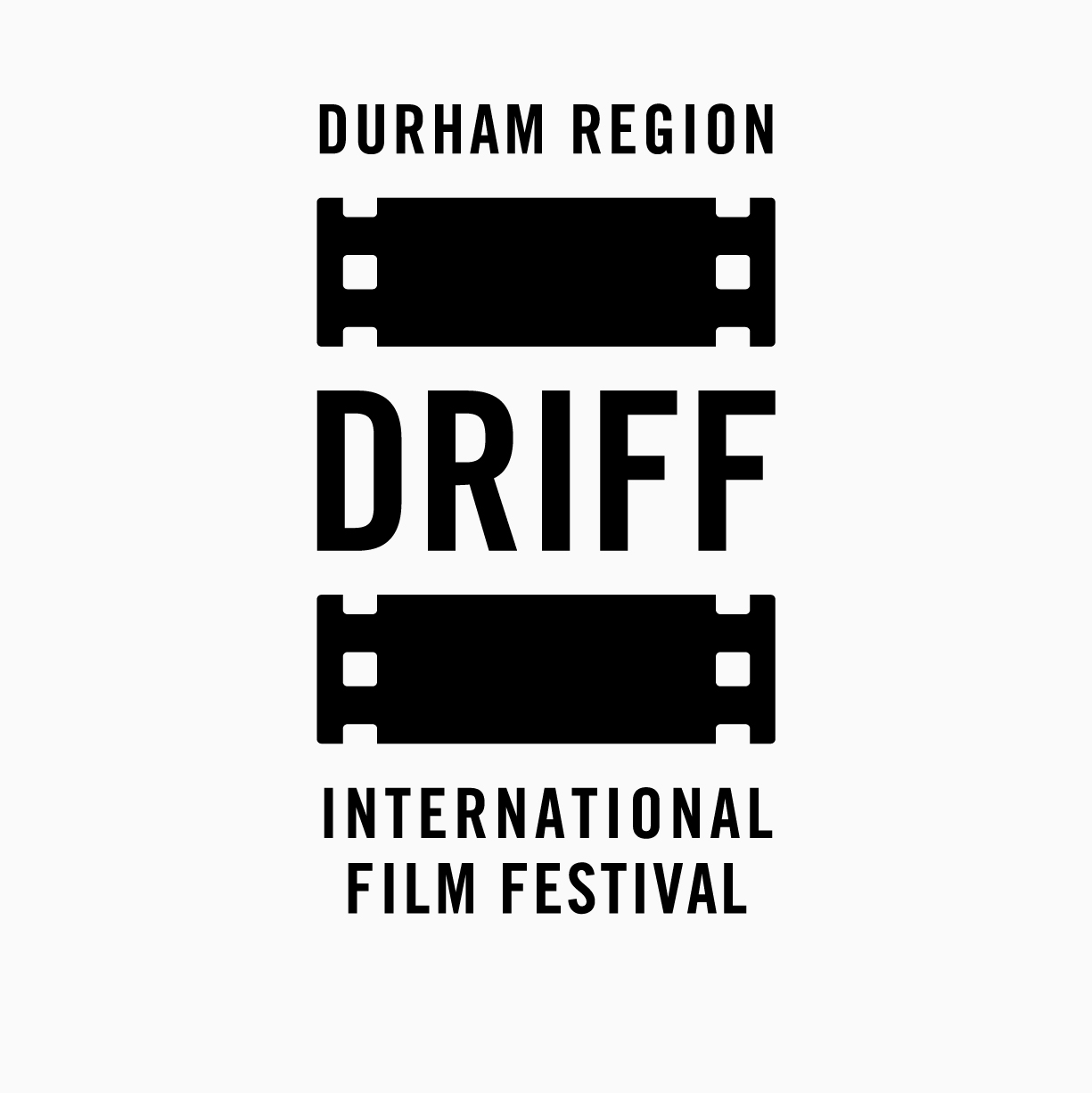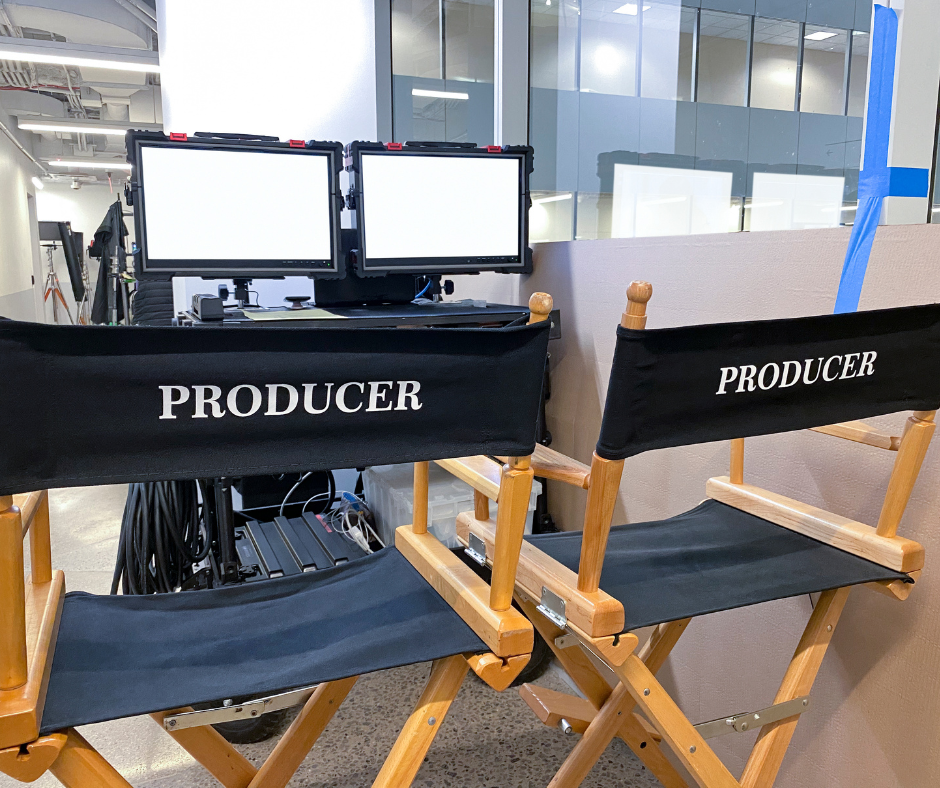Behind the Scenes with a Producer
Ever wondered what it would be like working in the film industry? From pre- to post-production, there is something for everyone on set, in the edit suite, and beyond. Behind the Scenes brings you into the heart of the media arts industry, introducing you to career paths you may have never considered before or thought possible.
Behind the Scenes with a Producer
We know to make a film; we require funding and distribution among many other things, but who exactly takes care of this? A film producer is primarily responsible for getting a project on its feet. Producers manage financing, hiring of key creatives, and oversee all components of pre-production, production, and post-production. Given the nature of the job, some projects may have more than one producer on board. Some other common types of producers are Executive Producers, who contribute a significant amount to funding, Line Producers, who ensure projects stay within the required time constraints and budget, and Showrunners, who have overall creative vision. These, of course, are just a few examples. Like many other roles in filmmaking, there is no steadfast path in producing. Producers are excellent communicators, velvet hammers, and cheerleaders. To be a producer, one must have great organizational and project management skills, as well as have the ability to efficiently solve problems.
We sat down with Peter Findlay, an award-winning producer, director, and writer with over 30 years of experience under his belt, to speak about his experience producing. Throughout this time, Peter has worked for the CBC as well as an independent filmmaker; with his work taking him around the world from Antarctica to Tajikistan. His most recent film, “Company Town" won Best Regional Film at DRIFF in 2020 and was nominated for Best Documentary and Best Director for a documentary program at the 2021 Canadian Screen Awards.
As a producer, Peter says “it is important to know how to leverage the resources you have, especially regarding funding. Being able to leverage development funding is an important part of being a producer, as that is the seed you need to keep the project going. A producer should also be able to network well and be entrepreneurial, as you need to convince people of your competency and so that they would want to work with you. ” Some resources he mentions that are helpful for emerging producers (especially BIPOC filmmakers and women in film), include but are not limited to: Telefilm, Canadian Media Fund, Documentary Organization of Canada, and Canadian Film Centre, as there is a big emphasis from government funding agencies and broadcasters to reach out to diverse communities.
When starting out, Peter says, “Don’t be too quick to jump from one thing to another.” He mentioned that at some points throughout his career, he should not have switched from some of his roles as quickly as he did. This is because one should ‘squeeze’ as much as they can from each opportunity as you never know what could potentially stick. However, there is a caveat to this. He also says , “that sometimes, it is important to follow your gut and go with what feels right because if you don’t go for it, then it may never happen. ” According to him, “You can’t be too risk averse in this line of work.”
Thank you to Peter Findlay for sharing his vast array of knowledge, experience, and advice with us here at DRIFF.
-
Taffi Aricha is an emerging writer, director and digital marketer based in Toronto.
-
Want to become part of a local film community or attend a film festival near you? The Durham Region International Film Festival’s events include an annual fall film festival in Durham Region, summer drive-in movie screenings in Whitby and DRIFF in a Jiff short film screenings in Oshawa. Visit driff.ca, become a DRIFF insider or follow us on social media at @catchthedriff for all the details.

